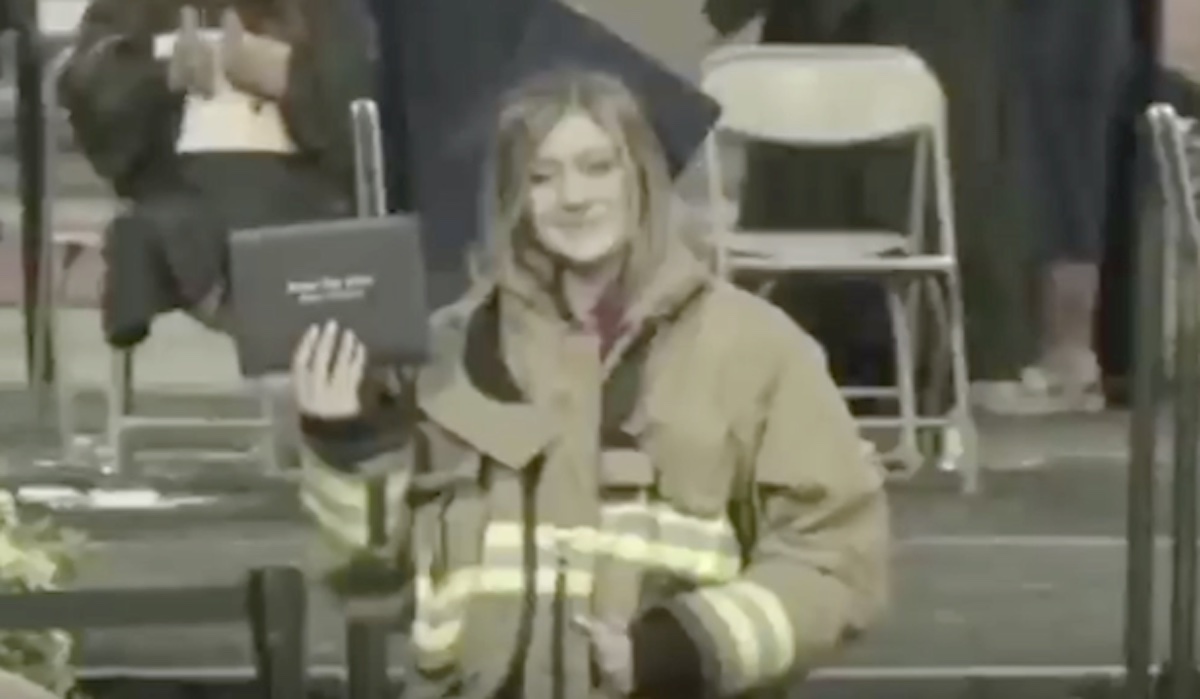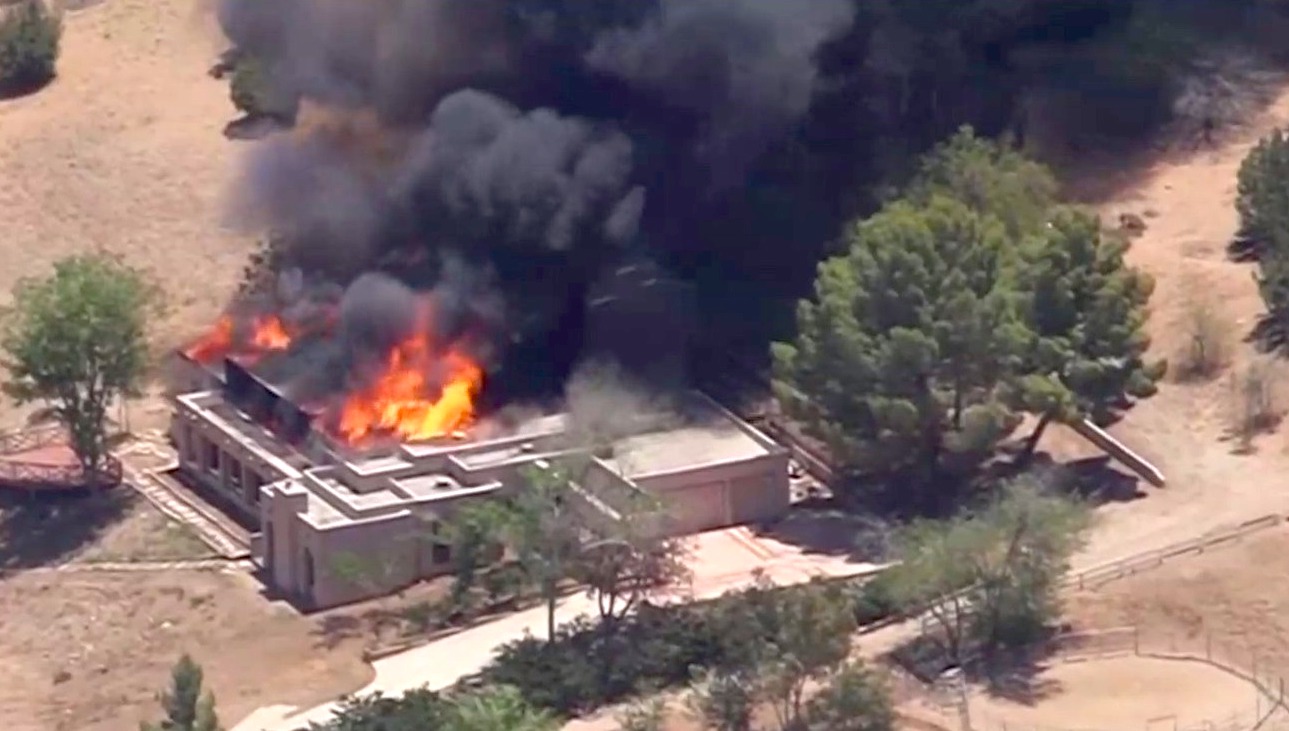This week’s murder of a firefighter and the suicide of the shooter, a fellow firefighter, has put a spotlight on the mental health of first responders.
They’re brave, strong, and dedicated to helping others, but those attributes also keep some firefighters from seeking help with mental health.
Dave Gillotte is a Los Angeles County Fire Captain and president of the firefighters union, which pushed hard for funding for mental health resources in 2017.
“I’d be the first to tell you there are days when I’ve said I’m good, I’m totally good, I got this, because I’m looking out for my crew,” he said. “In 2017 we could not look away when suicide became the number one cause of death for firefighters over all other causes combined.”
Get Southern California news, weather forecasts and entertainment stories to your inbox. Sign up for NBC LA newsletters.
Suicide rates and stress levels are high for first responders because they see more death and destruction than the rest of us and are reluctant to talk about it.
“We are working hard to break that stigma both from a personal point of view within the fire service family, but also externally where it becomes normal for firefighters to reach out for help, to know they are human,” he added.
The LA County fire department now has regular suicide prevention training and a strong peer support program.
“Peer support is simply a system of our peers with a higher level of training to connect us to understand the emotions, the impact of what we might deal with and how to deal with that using each other but also to reach out for additional support if needed.”
Although the precise motive for Tuesday’s murder suicide has not been determined, it’s a sign for some in the department that much more needs to be done.
“Tools or proactive responses, I think, are where we are going to be headed and also indicators to watch for levels of stress and ways to deal with it. That’s a big body of work that’s not yet finished,” Gillote stated.
His hope is by talking openly about the issue, removing the stigma, and being proactive, the next generation of firefighters won’t go through the grief the department is experiencing now.



